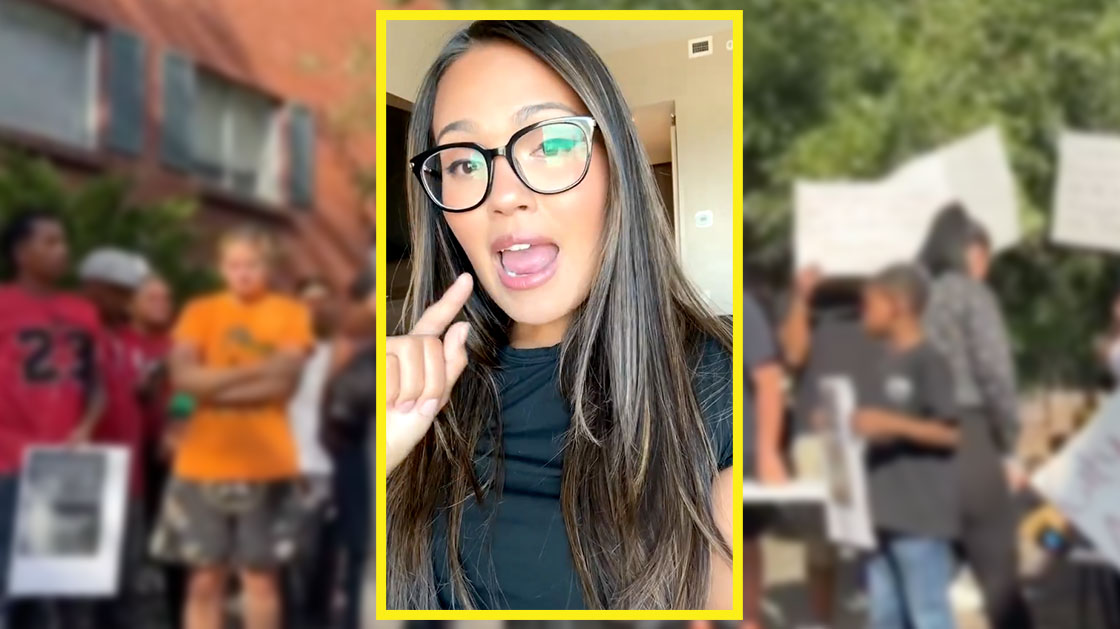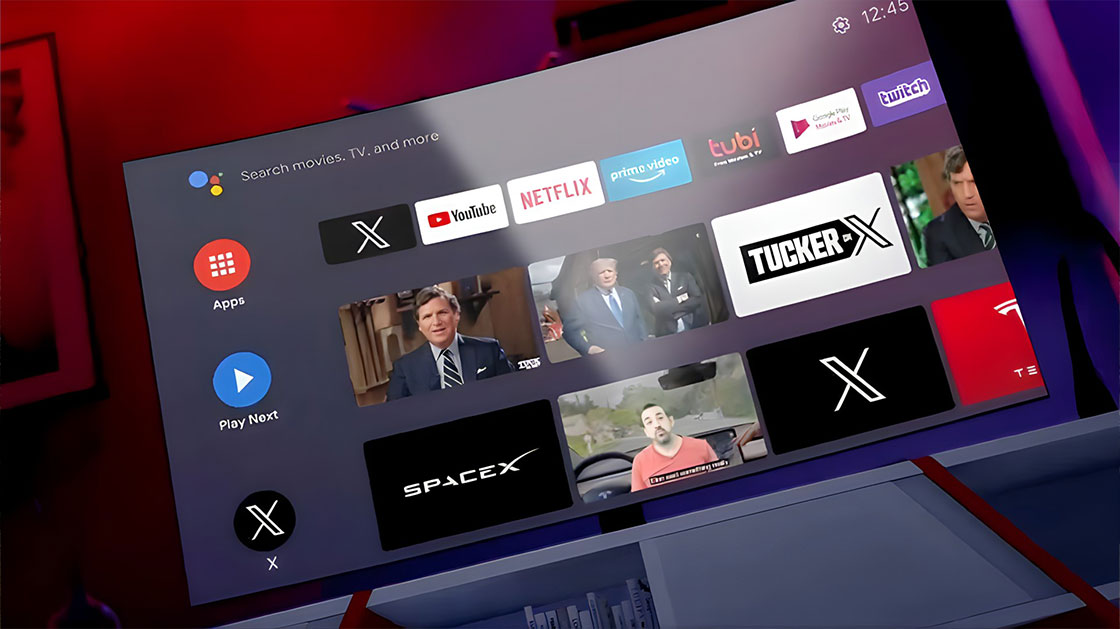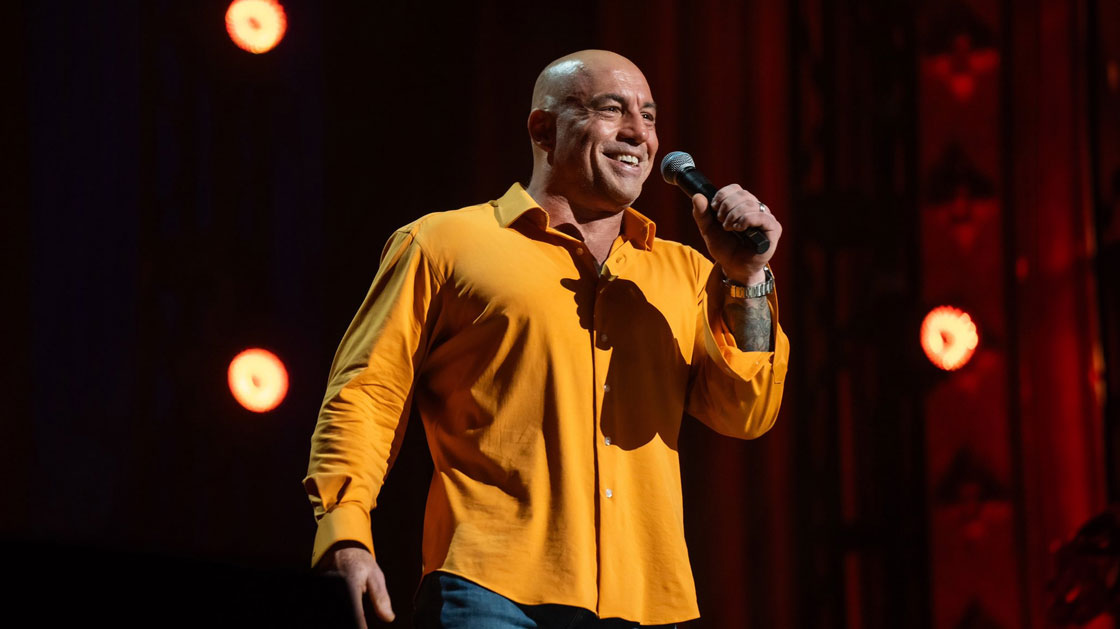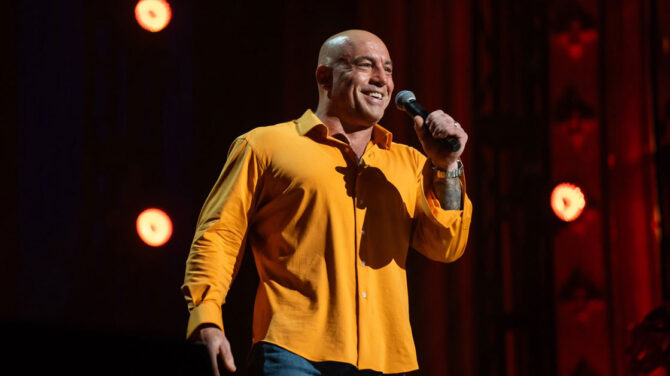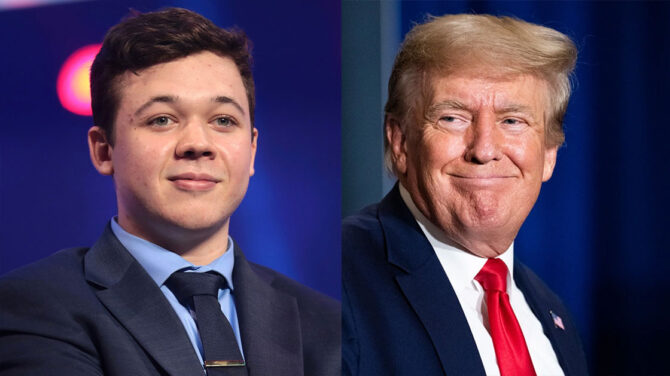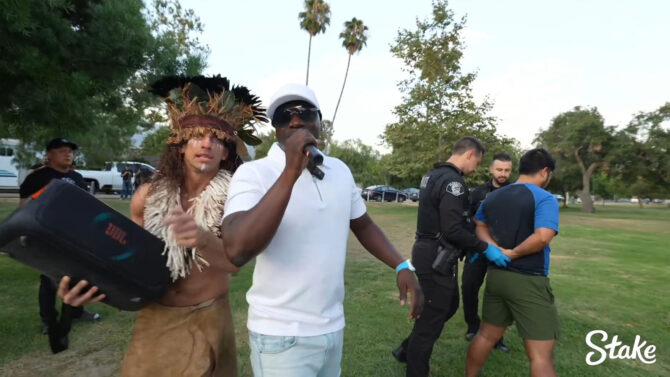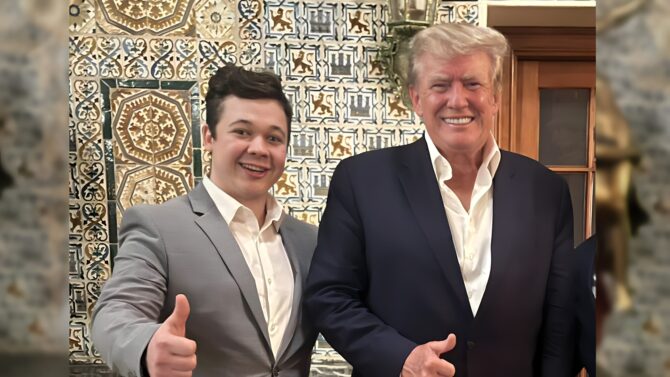
Students Showcase American Pride Amidst Campus Protests For Palestine
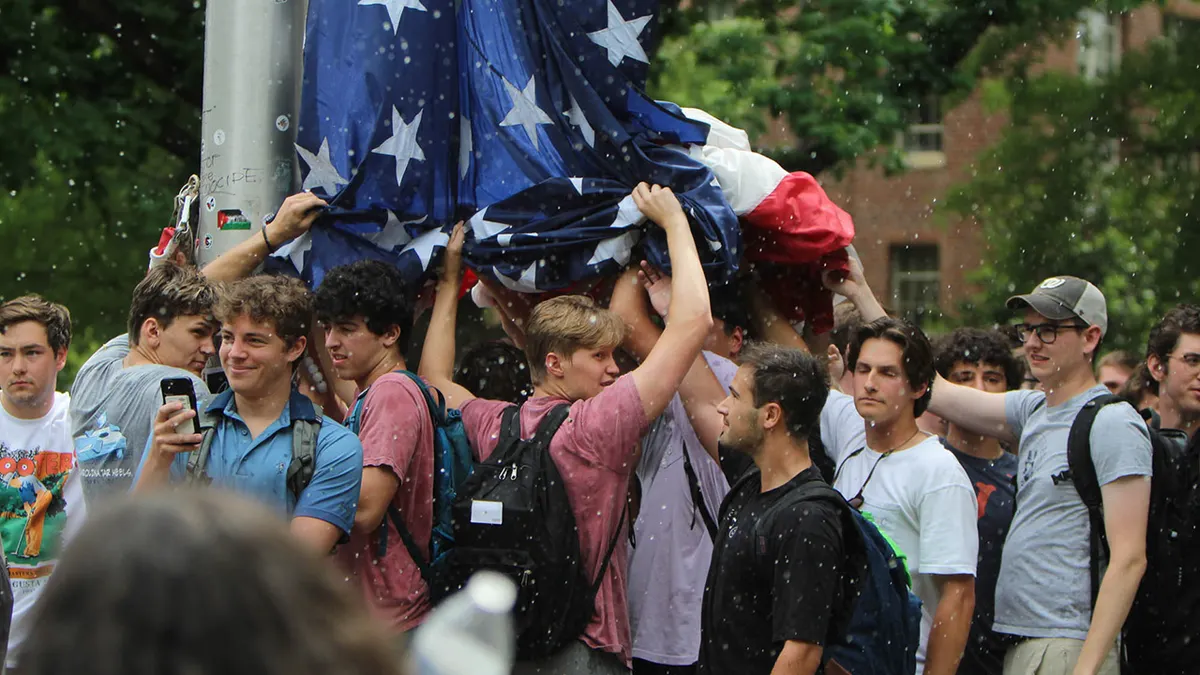
Across the nation, major American college campuses like UCLA, Columbia University, USC, and LSU have become epicenters of vigorous student activism. Here, protests advocating for universities to divest from companies linked to Israel have sparked a broader dialogue about social justice and ethical business practices. This global push, however, has been met with a distinct counter-narrative championed by another faction of the student body—those advocating an “America First” approach.
These students, not necessarily pro-war or pro-Israel, emphasize preserving traditional American values and unity. They argue that while the pro-Palestine protests may be well-intentioned, they sometimes neglect the importance of national unity and respect for American symbols, which are crucial to their sense of patriotism. This has led to intense debates on campuses, reflecting larger national discussions about America’s international role and the evolving nature of patriotism.
Patriotic Response at LSU
At Louisiana State University, the dynamic took a decidedly patriotic turn when fraternity members disrupted a pro-Palestine protest by chanting “USA, USA.” This action, effectively drowning out the original protesters, showcased a robust display of national pride and quickly gained traction on social media and national news platforms. This incident highlighted a growing trend among students to assert American values in response to perceived anti-American sentiments, signaling a shift in student engagement with contentious issues.
Clash of Values at Ole Miss
The trend of patriotic counter-protests continued at the University of Mississippi, where tensions escalated dramatically. During a counter-protest designed to oppose a pro-Palestine rally, the situation quickly deteriorated. Instead of promoting traditional patriotic values, some students shouted derogatory chants like “Lizzo” and “lock her up,” targeting another protester based on her appearance. Additionally, some individuals made racially insensitive noises, actions that deeply undermined the intended message of unity. These actions drew national attention, sparking debates about the limits of free speech and the appropriate ways to express dissent on college campuses.
Heroic Defense of the American Flag at UNC Chapel Hill
In stark contrast, at the University of North Carolina at Chapel Hill, members of the Pi Kappa Phi fraternity showcased a different approach. When some students attempted to replace the U.S. flag with a Palestinian flag during a protest, the fraternity members quickly intervened. They ensured the American flag did not touch the ground, symbolizing their deep respect for national unity and symbols.
Dan Stompel, a fraternity member, passionately defended their actions in an interview with Fox News. “I’d die for this flag,” he declared, emphasizing his commitment to American values. Their swift actions not only prevented the flag’s replacement but also sparked a significant public response, culminating in a successful GoFundMe campaign that raised over $400,000. The funds were earmarked for a significant celebration, or “rager,” further highlighting the community’s support for their patriotic act.
This incident gained further prominence when Peter Doocy of Fox News questioned White House Press Secretary Karine Jean-Pierre about whether President Biden would contribute to the fraternity’s fundraising efforts. Jean-Pierre reinforced the importance of respecting the American flag, stating, “It is not right to forcibly take down the American flag to replace it with another flag. Protecting the American flag is admirable,” affirming the administration’s stance on national symbols.
Conclusion: Embracing National Pride
The incidents at LSU, Ole Miss, and UNC Chapel Hill illustrate the diverse spectrum of student activism in America today, reflecting ongoing dialogues about patriotism amid global unrest and national division. While the episodes at Ole Miss and LSU show how quickly actions can be misinterpreted and lead to unintended consequences, the event at UNC Chapel Hill highlights a unifying moment that many find inspiring.
These events significantly influence broader discussions on free speech and the role of national symbols in public life, illustrating the complex identities and values of American students and shaping the national conversation about what it means to be American in today’s world.



